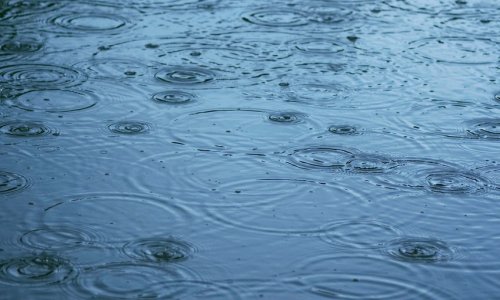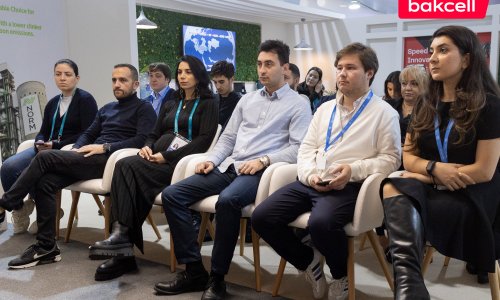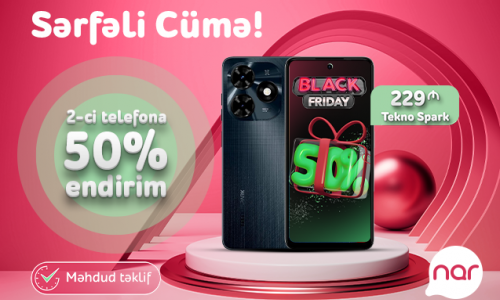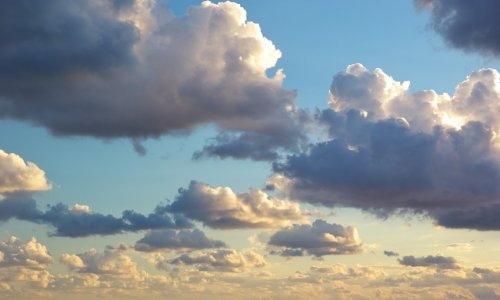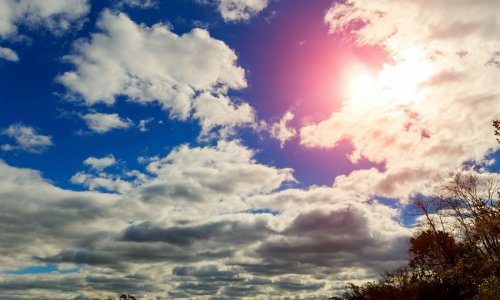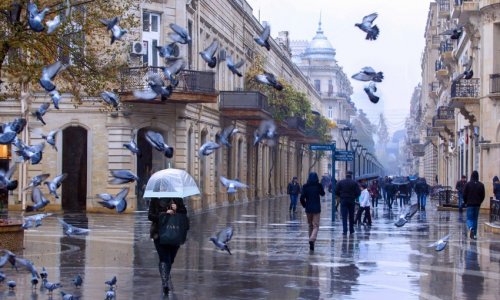Follow us !
Experts 'prefer cheaper champagne'
Society
22:14 | 29.11.2013
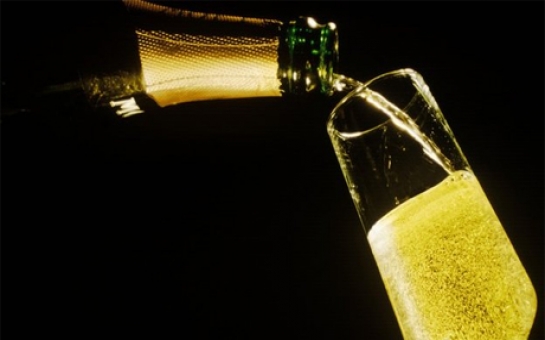
Experts 'prefer cheaper champagne'
Champagne experts prefer a £40 brand to one costing £400, a study indicates.Scientists from the Universities of Oxford and London carried out blind taste tests. They asked the participants to score six different champagnes and one English sparkling wine - ranging in price from £18 to £400, BBC reported.The champagne experts who took part scored the £40 bottle most highly.The results are published in Flavour Journal.The panel of tasters included: four experts, who work in the champagne industry six "intermediates", who work in the wine trade but do not specialise in champagne five novice champagne tasters, or "social drinkers"As well as disguising the bottles, the researchers gave the participants black tasting glasses to disguise the colour of the champagne. The primary aim of the study was to work out if tasters could estimate the relative proportions of red or white grapes. This ratio is said to give each champagne and sparkling wine a distinctive flavour.As well as finding that the experts were not able to accurately identify this ratio, the study also suggested preference was unrelated to cost.Prof Charles Spence, from the University of Oxford, who led the study, told BBC News: "We found no correlation between the price and how much the participants liked the drink."Experts and intermediates preferred a £40 bottle of champagne."And in fact the novices - the social drinkers - preferred a slightly more expensive £75 bottle of champagne."Champagne chefsProf Spence thinks the results suggest the cellar masters or "chefs de cave" who create the final blend of champagne are so skilled they can create blends that taste like "more than the sum of their parts".But, he added, the study did not necessarily mean people were wasting their money if they bought expensive champagne.There was, he said, a kind of placebo effect with cost."If you know how much something costs - the psychology of that high cost seems to make things taste better," said Prof Spence."It might be that you're paying more for certain characteristics that are interesting, but not necessarily linked with preference." James Hutchinson, a wine expert from the Royal Society of Chemistry, pointed out that, with just 15 participants, this was "quite a small study".But, he said, it did show the complexity and subtly of champagne and sparkling wine."They're produced in colder climates, so you don't get the big, robust fruity flavour [from] very ripe fruit aromas," he said."Even the experts can have a hard time finding those subtle differences."A high price, he added, was linked with many things aside from flavour, including rarity, reputation of the winemaker, and even how big the marketing budget was."But ultimately wine is very complex - there are 400 different chemical compounds in wine," he said."For champagne, I would say that complexity of flavour is an indication of something amazing."Something that feels hand-crafted - with lots of layers of flavour."Dr Hutchinson added that newer sparkling wine producers from countries like New Zealand were now bringing even more options onto the market that cost much less than champagne."There are lots of great sparkling wines out there, so I'd suggest that people try different things," he said. ANN.Az

